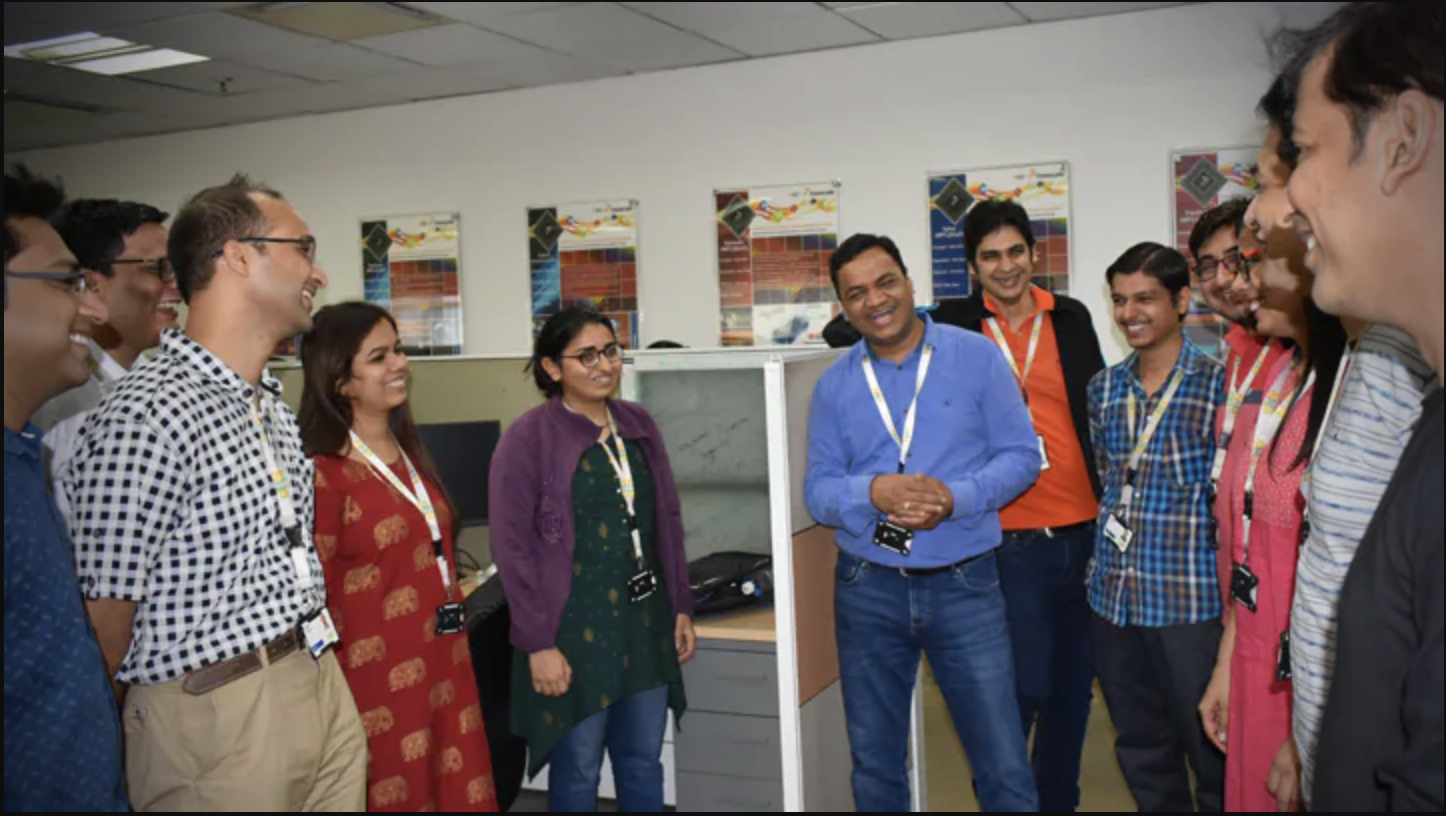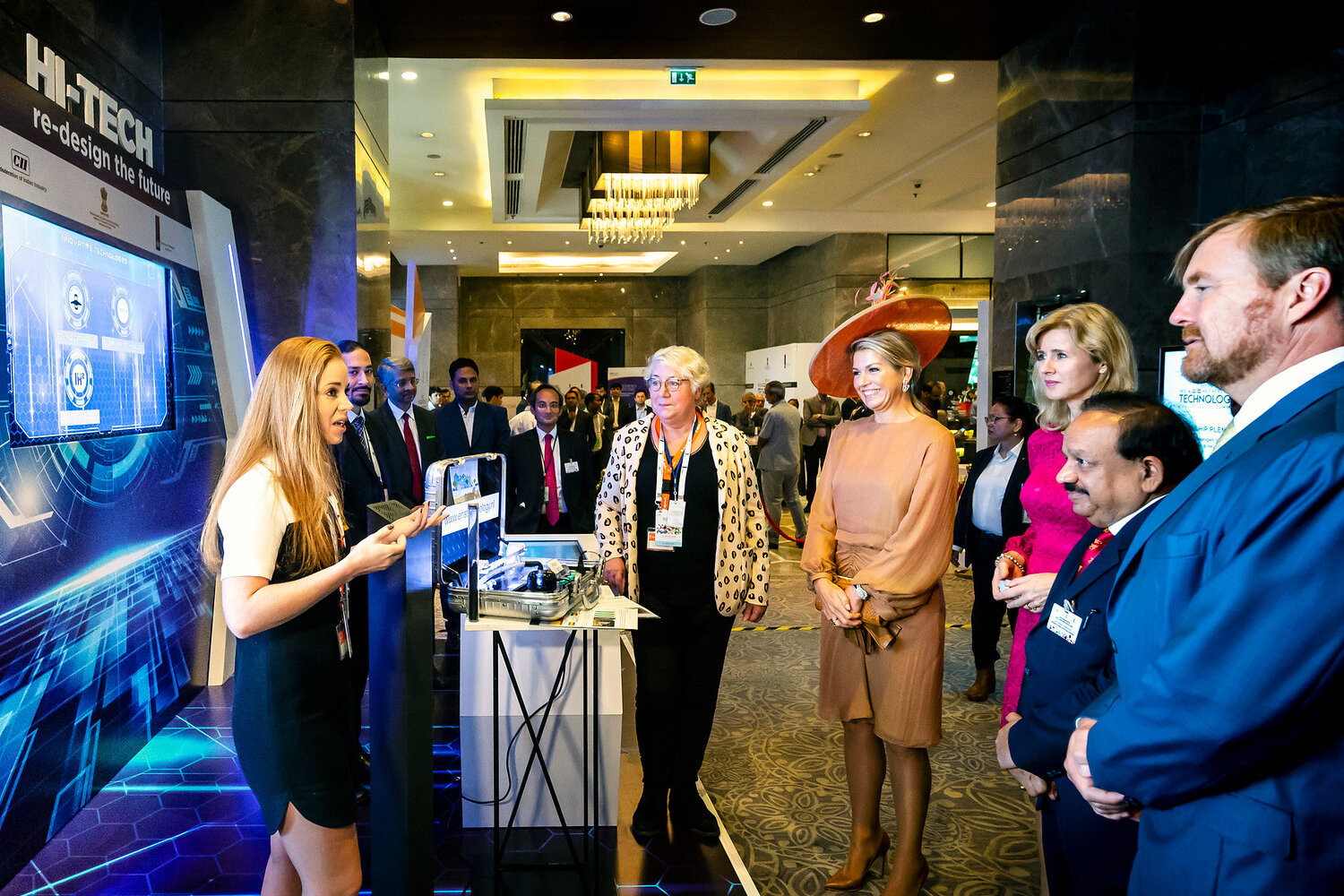Agriculture in India has faced major challenges for years, but climate change is only compounding the problems for Indian farmers. Can European technologies provide a solution or are they simply too expensive for the Indian agricultural sector? Dutch agricultural technology companies Omnivent and Incotec explain how they are advancing the Indian agricultural sector and making money in India.
Damage caused by climate change
India's agricultural sector is experiencing increasingly widespread adverse weather extremes such as prolonged drought, flooding and salinization of farmland. Late last year, heavy rains destroyed over 800,000 acres of agricultural and horticultural crops in the southern states of Tamil Nadu and Andhra Pradesh, while in the northern state of Kashmir, apple farmers saw their crops fail for the third year in a row due to early snowfall. Consequently, if global climate change continues at the same rate, crop yields in India are expected to drop by 30 percent.
Machinery, refrigeration, logistics & credits
Indian farmers also face a variety of systemic problems such as a lack of sophisticated machinery, difficulties in obtaining credit and logistical problems in marketing their produce. On average, 30-40% of the total crop is lost due to lack of cold storage facilities and/or refrigerated transport, which leads to lower income for the farmers. The Indian agricultural sector is in dire need of affordable solutions to all these problems.
Dutch companies develop special solutions for the Indian agricultural sector
Indian agriculture therefore offers great opportunities for European companies. There is a demand for knowledge that is abundant in Europe. The global specialist in agricultural storage technology, the Dutch company Omnivent, has therefore been active in the country since 2007.. The company began by giving workshops to arable farmers and other key players in the supply chain. "We talked to farmers about ways we could get the agricultural product to the end of storage in a good way," says Errol van Groenewoud, Omnivent's managing director.
"This was not only useful for them, but also for our company. We learned a lot about the resources they had at their disposal and the farming methods used in India at meetings like this," says van Groenewoud. "We came to the conclusion that our European ventilation and storage products did not match the farmers' needs and that, if you want to capitalise on the growing demand for smart solutions, you have to develop low-threshold and efficient technology at minimal extra cost. We have therefore taken the simple fans that we sold in the Netherlands in the 60s and 70s for drying flower bulbs and adapted them to provide a good and affordable solution for Indian farmers facing high temperatures."
Developing products for India
Also The innovative seed enhancer Incotec soon after entering the market in India, came to the conclusion that while their seed enhancement technologies offered a great solution to the problems of local farmers, their prices were far too high for India. "To optimize our products for Indian crops and cultivation techniques, and especially to keep the price accessible, we decided to develop a product that was cheap for us to produce and that Indian farmers could apply to their seeds themselves," explains Erik-Jan Bartels, managing director of Incotec.
Market leader in India
Incotec is now the market leader in India in seed enhancement and sees a growing need among farmers for new technologies that can make farming methods more robust against climate change. "At the same time, a large proportion of Indian farmers still do not have the means to invest in innovative solutions, no matter how simple and cheap," says Bartels. "As a Dutch company, this should not stop you from taking the step to India. Indian agriculture must adapt to the major weather changes taking place there and although it will take at least a few more years before there is a real change, now is the time for companies to become active in India. India is a country where you have to invest time and energy before you can reap the benefits."
Take your time, it is worth it
"Doing business in India requires building good relationships with your customers," adds van Groenewoude. "So you have to take the time and have a local presence to be able to make that connection. Building a dedicated team in India that can fully focus on this is essential. If you stay at a distance and thus maintain a cold, businesslike relationship with your customers, you will never be successful in business in this country."
Are you curious about the opportunities the Indian agricultural sector offers for innovative, European companies? Our sector analysis provides a comprehensive overview of key market statistics and growth prospects.
Did you know that India is the fastest growing agricultural machinery market in the world?



